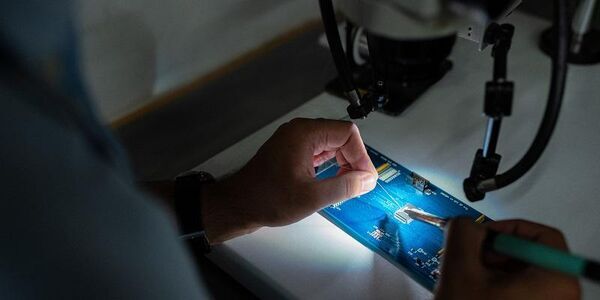
Can wearable technology help care homes save lives?
Wearable digital devices are to be trialled in care homes to establish whether the technology can help reduce covid-19 infections and prevent deaths.

Wearable digital devices are to be trialled in care homes to establish whether the technology can help reduce covid-19 infections and prevent deaths.

Three leading academic researchers, two alumni and a former Pro-Chancellor at the University of Leeds have been recognised in the Queen’s Birthday Honours.

Meltwater lakes that form at glacier margins cause ice to recede much further and faster compared to glaciers that terminate on land, according to a new study.

Rising nitrous oxide emissions are jeopardizing climate goals and the Paris Accord, according to a new international study.

The University of Leeds has secured a £5.4 million grant to identify new techniques for investigating and manipulating the chemical building blocks of life - proteins.

Scientists at the University of Leeds have pledged to develop a new generation of ultra-efficient electronics to help the UK achieve net-zero carbon emissions by 2050.

The Local Government Association has launched new advice developed by experts at the University of Leeds on practical actions local authorities can take to decarbonise transport.

Global energy consumption in 2050 could be reduced to the levels of the 1960s and still provide a decent standard of living for a population three times larger, according to a new study.

Pollution particles including carbon and metals have been found in the placentas of new mothers.

Travel 1,000 feet under the sea with TV’s Greg Foot; make art inspired by the placenta and create science heroes from a humble toilet roll.